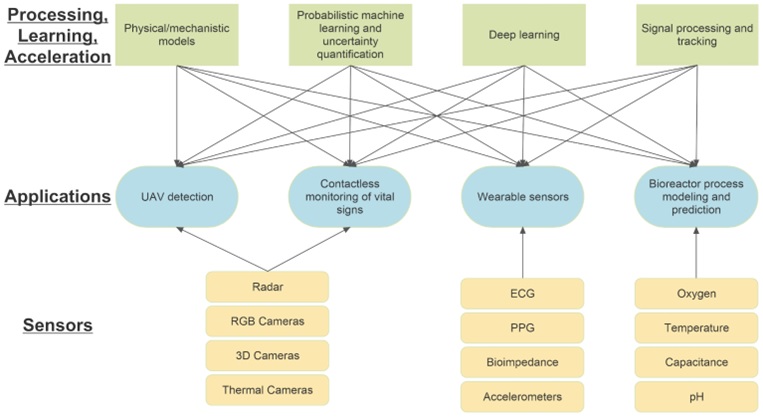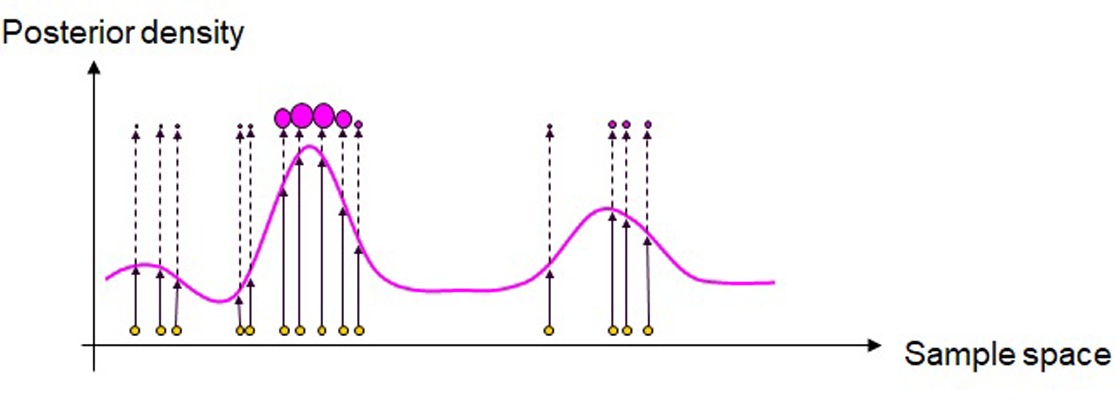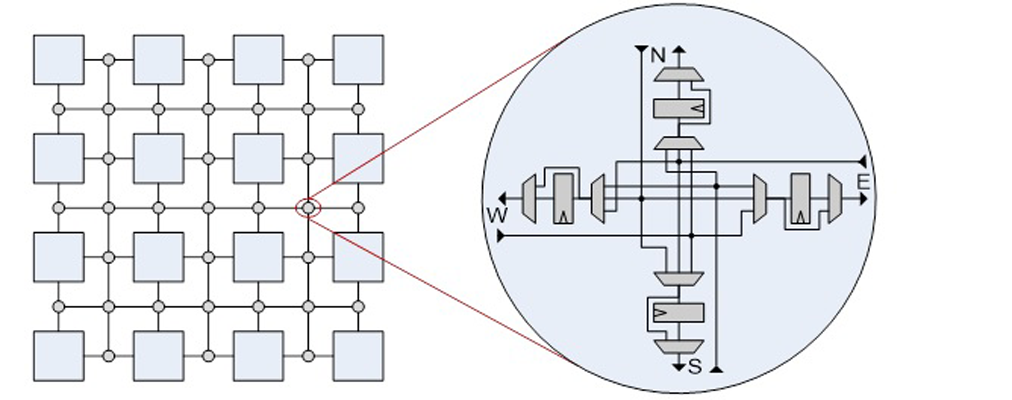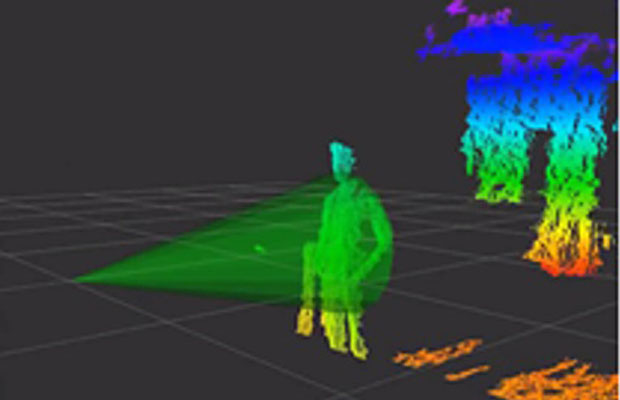



NEWS
September 2022: We hosted a workshop for researchers from the University of Victoria, Toronto Metropolitan University and NRC for our project on inspection of remote infrastructure using UAVs.
September 2021: Our team F. Dadboud, V. Patel, V. Mehta got the second place in “drone-vs-bird” detection challenge, launched in conjunction with the activities of the 17-th IEEE International Conference on Advanced Video and Signal-based Surveillance (AVSS), 2021.
May 2021: We have received NRC "AI for Logistic" Collaborative 3 year grant titled: BVLOS Inspection of critical logistics infra- and superstructures using coordinated multiple UAS
Objectives
The group is performing research in the following areas:
- UAV (drone) detection and tracking, computer vision and sensor fusion, and biomedical machine learning
- Merging physical and machine learning models: signal processing, probabilistic machine learning and deep learning models.
- Improving computational efficiency of algorithms: hardware and software accelerators
Learning in combined phyisical and machine learning models normally relies on computational approximate methods and therefore the term: computational analysis.
History
This research group evolved from Computer Architecture research group (original CARG). Computer architecture research group was formed in 2008 and focused on the following topics: computer architectures, signal processing architectures, hardware and software accelerators, GPU architectures and programming and algorithmic modifications for more efficient implementation in hardware. In recent years our research has gone in several different directions and therefore we decided to change the name of our group to Computational Analysis and Acceleration Research Group (new CARG).
Recent talks and presentations
Rajitha Hathurusinghe, “Building a Personally Identifiable Information Recognizer in a
Privacy Preserved Manner using Automated Annotation and Federated Learning,” University of Ottawa, 2020.
Keynote speech, “Computer Architectures and Algorithms: From Filtering to Deep Learning,” EMCA Developer Conference, Ericsson, Ottawa, May, 2019.
